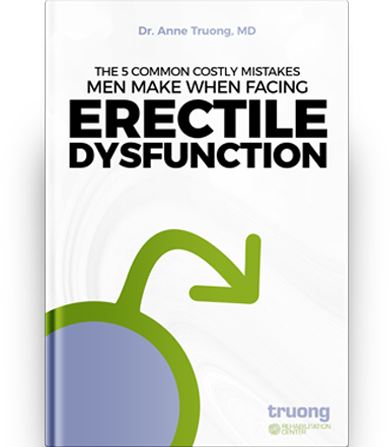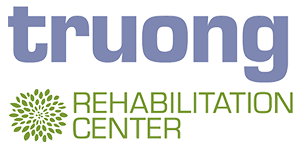Inflammation—a natural defense mechanism of the body—enables healing and the removal of harmful stimuli, says the U.S. National Library of Medicine. However, two primary forms of information exist, acute and chronic inflammation. Acute inflammation is relatively simple and involves most injuries and elements. However, chronic inflammation is a long, drawn out process in which the body is exposed to information for periods of months through years. In addition, chronic inflammation may exacerbate lifestyle problems and vice versa. Those seeking to improve their health need to understand this effect and correlation.
Why Lifestyle Impacts Inflammation
Lifestyle plays a major role in the development and onset of chronic inflammation. Chronic inflammation involves the body’s natural immune system, but unlike acute information, is occurs within the body and without any noticeable symptoms. Chronic inflammation may contribute to the worsening of liver disease, heart disease, diabetes and even cancer risk. As explained by Healthline, chronic inflammation derives from two sources. An original injury or issue that led to a prolonged immune response is one type of source. Another exists in lifestyle choices, such as diet and engaging in risky behaviors.
For example, a diet rich with concentrated sugars, such as those in desserts, increases risk of chronic inflammation. Meanwhile, excessive alcohol consumption increases risk for chronic inflammation as well.
Lifestyle Tips to Reduce Inflammation
Knowledge is power when it comes to chronic inflammation. Those at risk for or living with chronic inflammation should follow a few tips to improve their lifestyle choices. Such tips include:
- Avoiding foods associated with a higher risk of chronic inflammation: sugar-sweetened drinks, refined carbs, desserts, processed meats, vegetable oils, trans fats, and highly processed ingredients.
- Consuming a diet high in anti-inflammatory foods, such as vegetables, broccoli, high-fat fruits (such as avocados), olive oil, coconut oil, salmon, mackerel, almonds and other nuts, green tea, and up to 5 ounces of red wine per day.
- Maintaining a healthy body weight through balanced exercise and diet. Of course, no one should begin an exercise regimen without approval from the primary care physician (PCP). It may also be prudent to consider health provider-supervised weight management programs.
- Avoiding risky behaviors that could increase risk of injury or long-term infection, including unsafe, unprotected sexual activities, excessive drinking, and drug use.
- Seeing a health provider regularly to identify potential health problems and get them under control. Regular, preventive health wellness visits go a long way in preventing the development and continuation of chronic inflammation.
Improve Your Health With an Anti-Inflammatory Lifestyle
An anti-inflammatory lifestyle is about recognizing how your daily activities and choices increase your risk for long-term inflammation. While some information is necessary, such as the inflammation following a cold, long-term exposure to inflammation can have devastating health consequences. Regardless of your current state of health, take the time to know the tips to improve your lifestyle and reduce your risk of chronic inflammation now.
https://www.ncbi.nlm.nih.gov/books/NBK493173/
https://www.healthline.com/nutrition/anti-inflammatory-diet-101#foods-to-eat
https://truongrehab.com/virtual-weight-loss-clinic.html










